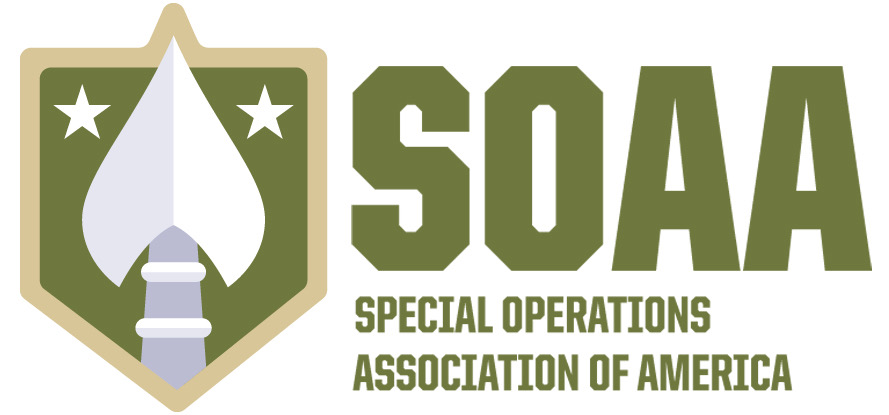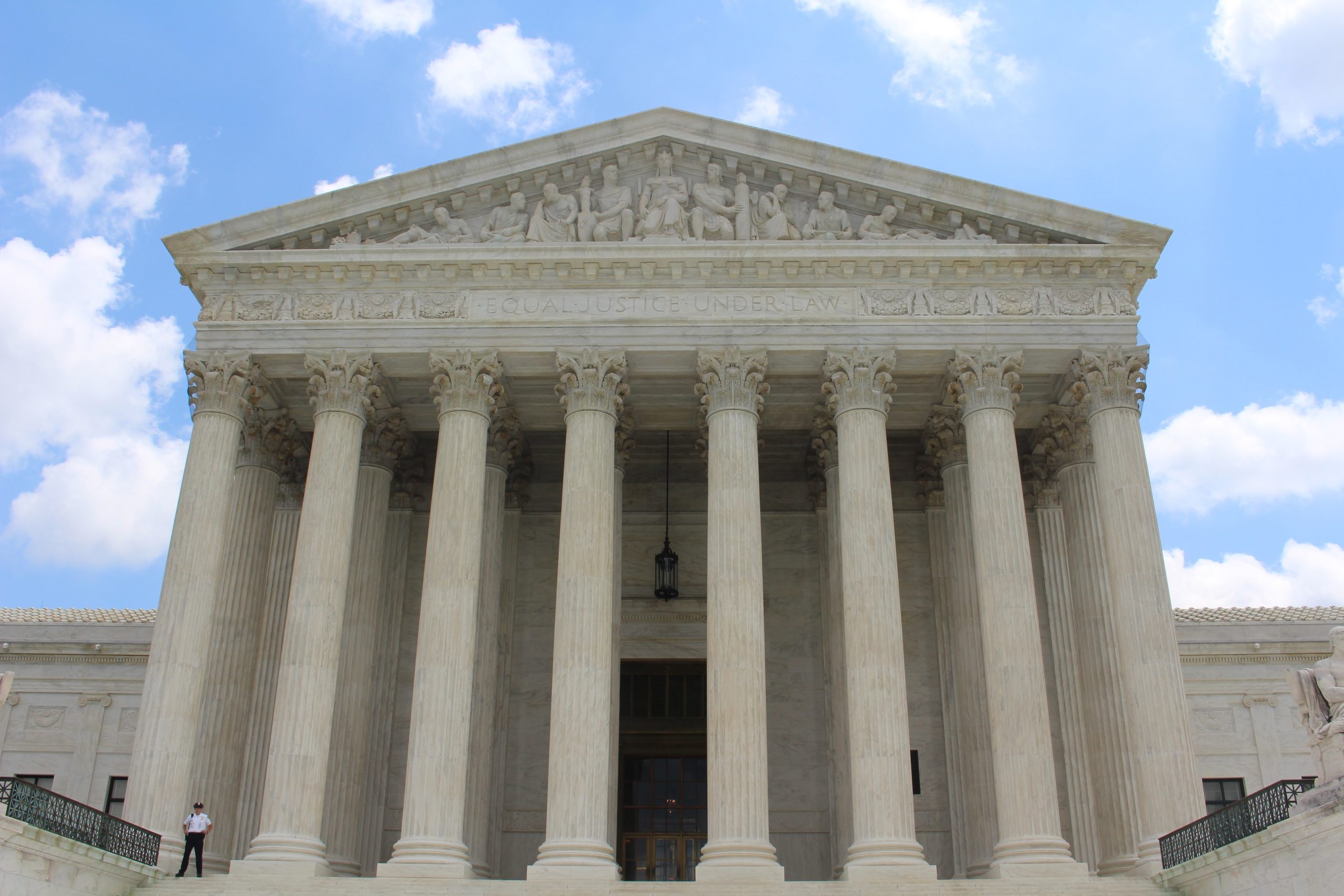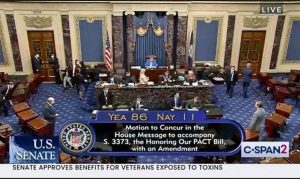In a move that has left Camp Lejeune Veterans and their families deeply disappointed, the Department of the Navy, in collaboration with the Department of Justice, recently unveiled their long-awaited guidance on a settlement process for victims of toxic water exposure. This so-called “elective option” settlement program, issued on September 6, marks the first public attempt to address the plight of those affected by the Camp Lejeune water contamination crisis. However, as we delve into the details of this program, it becomes abundantly clear that it falls woefully short of delivering justice to the brave Veterans and their families who have suffered for decades.
- Inadequate Compensation Limits:
One of the most glaring shortcomings of this new settlement program is the grossly inadequate compensation limits it proposes. The program’s architects seem to have conveniently ignored the fact that the majority of Service Members rarely spend five years at the base. This oversight intentionally shortchanges victims who have endured immense suffering due to their exposure.
- Flawed Focus on Exposure Length:
The program’s emphasis on the length of exposure as a determining factor for compensation is misguided. It fails to account for the varying degrees of suffering experienced by Veterans and their families. There is an alarming lack of distinction between those who received early treatment for a relatively minor illness and those who endured severe sickness, multiple treatments, or even death. The program’s treatment of these cases as equals, based solely on the number of days spent on base, is both unjust and inequitable.
- Limitations on Claims for Multiple Illnesses:
The program’s policy of allowing victims to select only one illness for compensation, even when suffering from multiple ailments, is deeply problematic. This forces individuals afflicted with two or more diseases, such as bladder cancer and Parkinson’s, to choose one ailment for compensation. Furthermore, the program unfairly designates certain serious diseases, like Parkinson’s, as “Tier 2” conditions, a distinction that holds no relevance in the law. The law either recognizes a disease’s causation or it doesn’t; there is no need for this arbitrary tier system.
- Unreasonable 35-Year Latency Period:
Perhaps one of the most egregious aspects of this settlement program is the imposition of a 35-year latency period. This arbitrary cutoff means that Veterans and families whose illnesses were diagnosed more than 35 years after leaving Camp Lejeune are deemed ineligible for compensation. This is particularly troubling because many diagnoses of diseases like Parkinson’s and certain cancers occur later in life. The government’s attempt to avoid responsibility for these Veterans and their families is unacceptable.
- Inadequate Wrongful Death Compensation:
The program’s “bonus” of $100,000 for wrongful death is a paltry sum that fails to address the substantial financial and emotional losses endured by families who have lost a loved one prematurely. This amount is woefully insufficient and fails to provide meaningful support to grieving families.
Veterans and their families have every reason to be displeased with this new settlement program. It was crafted in isolation by federal government agencies, without any input from the very claimants it is meant to serve. While we acknowledge that nothing can fully compensate these brave Service Members and their families for the years of suffering and the cover-up of toxic water contamination at Camp Lejeune, we must demand a more just and equitable process. The federal government must recognize the duty it owes to these individuals and cease attempts to evade its responsibility for the harm they have endured. Camp Lejeune families deserve nothing less than a fair and just resolution to their long-standing ordeal.





